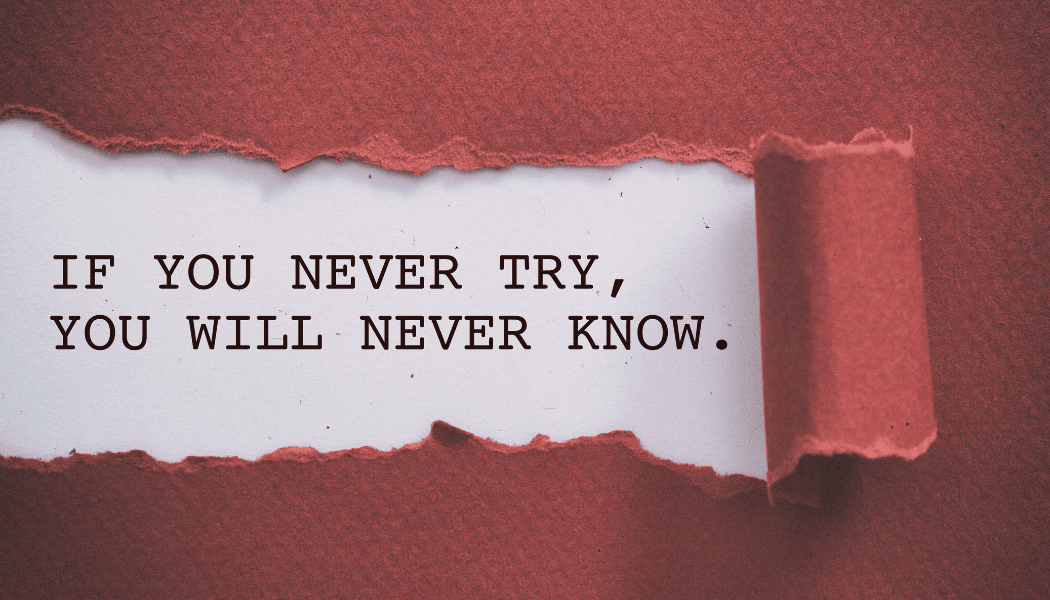Image © by 1001Love via canva.com
Learning to fail well might just be the key to learning … anything
Our society often thinks of failure as the opposite of success; always a bad thing. As thinking has evolved, we’re now torn between wanting to avoid failure at all costs and failing fast and often, in the name of innovation. But do either of these mindsets allow us to fail right?
In her new book, Amy Edmondson provides a framework to think, discuss, and practice failure wisely. It’s called The Right Kind of Wrong, and has caught my attention because of the link between my work with workplace leaders and their mindsets around failure.
I’m curious, what does success mean for you?
- Never failing?
- Always getting it right the first time?
- Feeling shame when you make a mistake?
- Seeking someone or something to blame when things don’t go your way?
Edmonson’s take on replacing shame and blame for failures with curiosity, vulnerability, and personal growth is what I talk with my clients about all the time. I encourage them to welcome the lessons that come from failure, to understand and appreciate that they’re going to be wrong sometimes (they are human, after all), and to fully expect to fail, as part of the progress toward their goals. Sounds simple, right? It’s not.
“Intelligent failure,” according to Edmonson, is the best kind of failure, because it results in new knowledge. It is intentionally done in pursuit of a goal. Think of it as what happens when we hypothesize about an outcome and intentionally try something new, or craft an experiment to test our hypothesis. We know it might not work out perfectly, and we’re comfortable with that because we know we’re experimenting. Adjusting our mindsets this way makes our “failures” much easier to take, and we can even learn to appreciate them.
In leadership, behaviour change is all about trying out new behaviours. It often feels uncomfortable to do or say something that isn’t our default, because we don’t know what the reaction or result will be. But little by little, practice moves us closer to our desired change.
Skeptical that you can survive making a mistake? Does it feel too risky? I challenge you to stop and think, how accurate is your assessment of the risk? Could it really turn out as badly as your brain thinks? If you slow down and thoughtfully consider the actual possible outcomes, is it likely to be catastrophic?
Repeat after me (really … say this aloud to yourself, or to your pet if you have one nearby):
- “I am human.”
- “All humans make mistakes.”
- “It’s okay to make mistakes and even better if I learn from them.”
- “Failure is part of getting to success.”
In your life, what do you want to change? What do you want to achieve?
What would happen if you went for it? What would you learn? Could you eventually succeed, even if not the first time?
True change and success rarely happens right out of the gates. Start with baby steps and commit to getting better with practice.
For more about intelligent failing, here’s a fabulous video with Amy Edmondson herself.








0 Comments